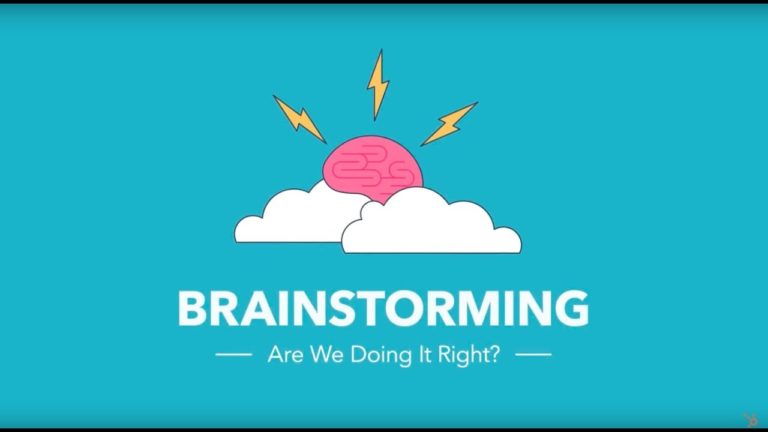Warm up
—- ** FOR NEW STUDENTS ** —————————————- ———–
- What industry do you work in and what is your role?
- What are your responses in your role / position?
- Can you describe to the function of your workplace / company?
- How many departments, how many offices. National or International?
- What is the Minimum requirements for employment ie Education or Experience?
- How many opportunities are there to ‘move up the ladder’?
- What is the process for changing job roles ie Interview? Test?
——————————————————– ————————————————— —
General discussion about your workweek:
- Current projects? Deadlines? Opportunities?
- Anything of interest happening?
——————————————————– ————————————————— –
Listening Questions
Before the video: Teachers will read the following questions aloud, please prepare for listening!
Did not get please? If not, please tell your teacher specifically which part you did not understand. Let’s review the video again 🙂
- What suggestions does the video give for effective time management?
Script
- people who are successful both at work and at home manage their time well, one of the first steps towards successful time management is to identify how you spend your time. Try keeping a log of how you spend your day write down how much time you spend doing things like working, watching, television or running errands. once you have a record of how you spend a typical day follow these steps to learn to manage your time more effectively.
- first make a list of your tasks, then estimate how much time you spend on each task. Eliminate unnecessary tasks from your list, in some cases you may be able to delegate tasks to other people. Prioritize your tasks by numbering them in order of importance, if you have difficulty establishing what’s most important ask yourself; what on the list is absolutely necessary to fulfill your needs
- small changes to your daily routine can also help free up more of your time, getting up just an hour earlier can make a big difference in how your day is structured, you have more time for life’s unplanned emergencies such as; car trouble, childcare issues, sickness or miscellaneous errands. TVs, computers and mobile devices can be a distraction when they’re not being used for anything productive, consider limiting how much time you spend using them.
- keep a calendar of important professional and personal appointments and events, whether it’s a desk planner or a smartphone app choose the type that will be easiest for you to maintain on a regular basis. Practicing effective timemanagement will allow you to spend moretime on the things that matter to youmost, whether it’s a hobby, time withfamily and friends or even just somemore time for yourself
—————————————————————————————————
- I don’t know about you, but I always feel pressed for time. Each day I make a long to-do list and each day it gets harder and harder to fit everything in to my working day. Things always take longer than I expect which means I am always running out of time. For example, I may have set aside 2 hours for a task, but it inevitably takes more than 2 hours to complete. I have a choice – I can either complete the task or move on to the next item on my to do list and free up some space later in the day or week to complete the earlier task. In fact that’s what I have started doing – blocking out slots of time for various items and sticking to those time slots. If I’ve not been able to complete the task in the allotted time, I simply allocate a new time slot for it.
- Of course, if the task is urgent, for example, I have to prepare for a presentation that’s coming up soon, I put back my other tasks and concentrate on this. The key is always to know how to prioritise. In fact, leading up to an important deadline, I always ensure I have spaced out my tasks to give myself sufficient time to meet my deadline.
- Of course, the trouble with this is that by allocating so much time to one project, I end up falling behind with my other tasks. I then find myself having to catch up with a ton of work and that means long hours. So much for the work-life balance. I don’t mind working long hours for a one-off project. However, if the one-off becomes a series of projects and the long hours become the norm, I need to rethink how I work. That’s when I have to decide how best to manage my schedule.
- In addition to allocating the time slots to each task, I’ll try very hard not to drag out the time I spend on each task. This does mean having to resist perfection. The trouble with perfection is that we can spend hours and days on a task – fine- tuning it, rethinking it, redoing it – without realising that precious time is slipping away. You may be lucky and have plenty of time to work on something, but I reckon most of us don’t have the luxury of endless hours – certainly not if someone is paying for our time. So the only thing you can do is press on with the job in hand.
Discussion
Using the list below
1. Identify how you spend your time.
2. Make a list of your tasks.
2. Estimate the time of your tasks.
3. Eliminate unnecessary tasks.
4. Prioritize your tasks by numbering them in order of importance.
5. Make small changes for example getting up an hour earlier.
6. Be careful of distraction. Limit your time on things that are not productive.
7. Use app to track important events.
- What ways could you more effectively manage your time at home?
- What are some ways you could make things more efficient / productive in your workplace?
Answers
- Identify how you spend your time.
- Make a list of your tasks.
- Estimate the time of your tasks.
- Eliminate unnecessary tasks.
- Prioritize your tasks by numbering them in order of importance.
- Make small changes for example getting up an hour earlier.
- Be careful of distraction. Limit your time on things that are not productive.
- Use app to track important events.
Keywords
- pressed for = not enough, difficult to find enough resource
- fit everything in = lack of time to do all tasks
- running out =time/resources
- move on to = go to the next task / project
- free up some space = find time to do something
- blocking out = assigning time to one thing and one thing only
- coming up soon = due date / deadline will happen soon
- put back / push back = delay
- leading up to = the events before a deadline
- spaced out my tasks = ensuring there is appropriate time between deadlines
- falling behind = haven’t completed necessary work by deadline / not meeting requirements
- catch up with a ton of work = speed up working to reach deadline
- drag out the time = doing things delay productivity
- time is slipping away / running out of time = not enough time
- press on = work hard / continue towards goal



